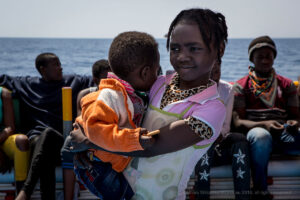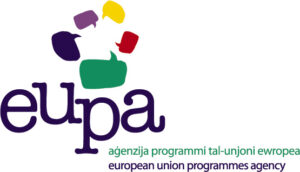Throughout our rescues, we come across people for whom the crossing of the Mediterranean is only a small part of their journey. In honour of our third anniversary month, we have spoken to some of the people that we have rescued over the past few years to see how their futures have taken shape, and what their respective experiences with search and rescue (SAR) NGOs mean to them.
We spoke to Samuel, who is from Eritrea and was rescued in 2016. He now lives and studies in Switzerland.
Could you talk to us about what SAR NGOs mean to you?
“I do really appreciate the work MOAS does and if it wasn’t for this rescue team the Mediterranean would be a grave for thousands more. Lately my little brother told me that he wanted to come here [to Europe] because he is afraid of the national service in Eritrea. I told him, “Man it is dangerous, I almost drowned. People die every minute, every day.” He said, “I will take my chances”. At first I thought well, if the rescuers were not there he would not have thought about it, but if the rescuers were not there the people would be there in the sea alone anyway. So many people came through the Mediterranean Sea and were rescued by your team.
What is your life like now?
Now I am free to go wherever I want to go within Switzerland, without any documents that say ‘this man has already done his military service let him pass’ (like it is in my country). I can say what I want to say, sleep well, have security, and build my future. I am learning German – I am already in A2 Level in just 6 months. The only problem here is you are always in limbo because they don’t give you an asylum status outcome easily, it takes 2 years and then maybe they accept you and maybe they reject you when you will begin the life of a refugee once again from scratch. I don’t really know what I will do until my papers come but if they give me the papers, I would try to go to university to study law or political science. I’m determined to become a successful refugee.”
We then spoke to Souleymane, from Senegal, who is now living in Italy. He was rescued by MOAS in 2016.
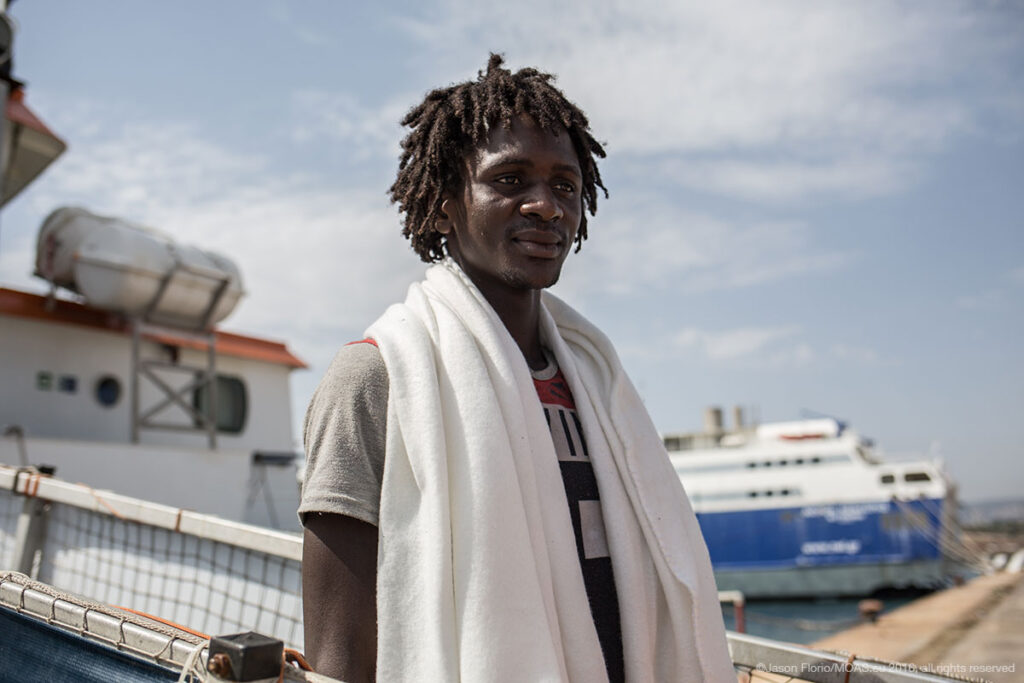 “I would definitely like to thank Allah for everything. I haven’t found a job yet but I’m more than happy to be in a part of the world where I have always thought my success in life lies.”
“I would definitely like to thank Allah for everything. I haven’t found a job yet but I’m more than happy to be in a part of the world where I have always thought my success in life lies.”
What do search and rescue NGOs mean to you?
“These rescue NGOs mean so much to me as far as my life is concerned. From where I stand, the rescue NGOs are making the world a better place by saving thousands of lives including women and children. The most important thing is that people don’t know what those children are going to be in the future – when it comes to the development of a particular country or uplifting families from a difficult situation to a better, safer life.”
Is there anything that you would like to say to the people who rescued you?
“Once again, thank you MOAS for allowing people to start a new life!”
Finally, we spoke to Amira and her daughters Ayesha and Aliah, from Sudan, who are now living in Italy after being rescued by MOAS in 2016.
How is everything going?
Amira: “We are good because of what you did for us! I wanted to say hello to all of you, you have been so important for us, I will never forget you! Thanks to you we are alive. Our new life in Italy is good: the kids are very happy, they play, they are never anxious. They’re going to school, and maybe I will start working with an old lady. I’m learning Italian little by little, learning is not something that you do in one go. The children have learned quickly, for them Italian became like Arabic [laughs], they all speak Italian.”
How did you feel during the rescue?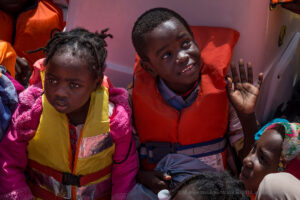
Amira: “The rescue moment was something you can’t forget, really, even the kids didn’t forget it. I swear, the kids thought that it was the Libyan Coast guard and that they would take us back to Libya, to prison… so I told them: these are not Libyan boats, these are the rescue team from Europe! And they were no longer afraid. They were so happy when they realized that it was a rescue boat. If you came to visit us, I would prepare a special Sudanese dinner for you!”
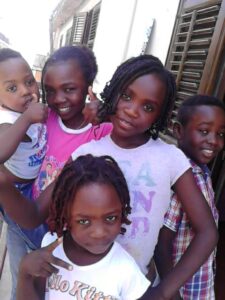
Is there anything you would like to say to the people who rescued you?
Amira: “May peace be upon them. I really want to thank them! Our situation was very bad before they rescued us…the boat was about to sink! They saved our lives, I thank them a lot. We were facing a very bad situation on the boat, we would have died if they hadn’t arrived.”
Ayesha: “Thank you to all of you who work there and who have helped us. School is going well, we’re on holiday for now. My favourite teacher is Ms Maria Amore, she’s a great teacher. My favourite Italian food is pizza with potatoes! With my friends from school, we went to the pizzeria and we had a pizza. I remember the people who rescued us, who were on the ship, they were very nice. I’d like to say thank you for your help, and keep up the good work!”
If you’d like to support MOAS and help us rescue people like Samuel, Souleymane and Amira, please donate what you can or fundraise for us on our fundraising platform. If you’d like to learn more about our mission and the story of MOAS, you can watch a documentary on our work here. Finally, if you would like to be kept up- to-date on our operations and get news on migration from our communications team, sign up for our newsletter at the bottom of this page or follow us on social media.
This project has been funded with support from the European Commission. This publication reflects the views only of the author, and the Commission cannot be held responsible for any use which may be made of the information contained therein.

